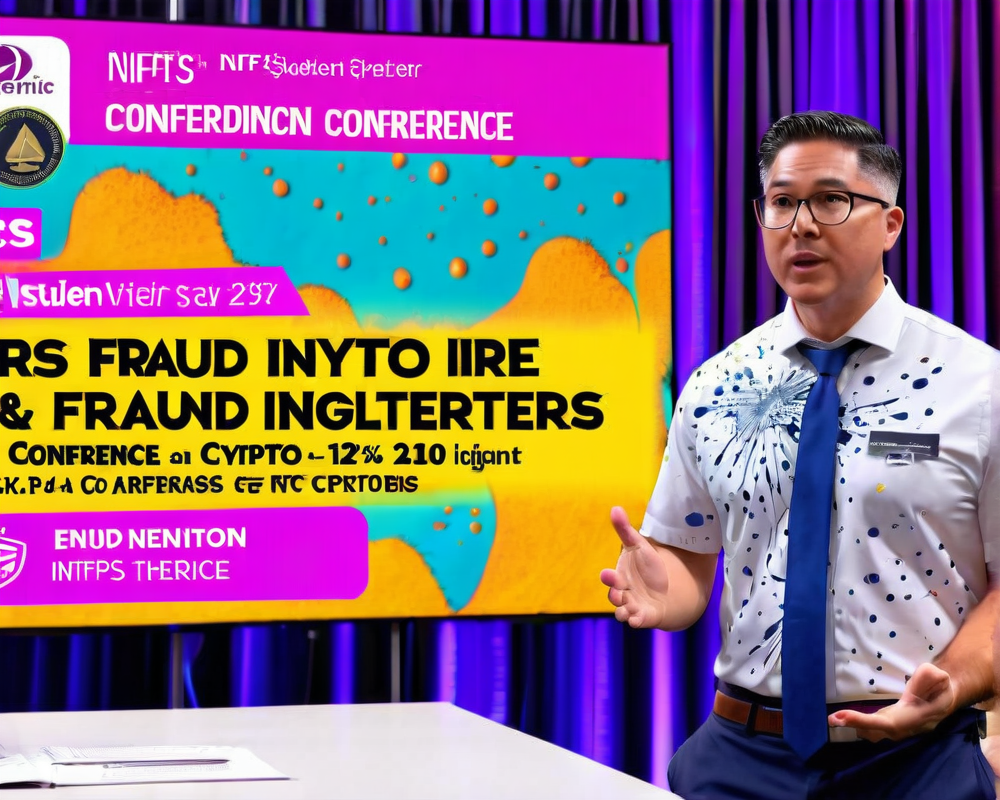In a move that has the crypto community buzzing like an over-caffeinated squirrel, Paraguay’s president Mario Abdo Benítez recently vetoed a bill aimed at recognizing cryptocurrency mining as an industrial activity. This surprising decision has sparked debates about the future of digital currency in the landlocked nation.
High Energy Consumption: The Villain In The Story
President Benítez argued that the electricity-hungry nature of crypto mining could impede the growth of a sustainable national industry. He emphasized that mining is capital-intensive but doesn’t create jobs at the same scale as traditional industries. It’s like bringing a flashy sports car to a bicycle race; sure, it looks good, but it doesn’t quite fit in.
Crypto Mining’s Global Impact on Job Creation
Besides Paraguay’s rejection of the bill, it’s worth noting that worldwide, cryptocurrency is a significant job creator. In 2021, LinkedIn reported a staggering 615% increase in crypto and blockchain job listings in the United States alone. So while Paraguay may be throwing shade at the mining industry, other countries are rolling out the welcome mat.
The Senator’s Perspective: A Bill for Progress
Senator Fernando Silva Facetti, the bill’s sponsor, expressed frustration over the president’s veto. He intended for the law to promote mining using surplus electricity, turning what seems like a digital Wild West into a structured activity. His tweet lamenting the veto included the hashtag #CRIPTOACTIVOS, proving yet again that lawmakers also have their social media game on point.
What Was at Stake: Incentives and Investments
Despite the veto, the Senate previously approved a proposal recognizing crypto mining as an industrial activity, with a set 15% tax on related operations. The decree sneaked in indirect incentives for miners, suggesting that a small tax boost might stimulate interest in what could be a lucrative opportunity. Statistics indicate that industrial investment skyrocketed by 220% in the last year alone, totaling around $319 million. With GDP growth exceeding 4% over five years, it seems Paraguay is on the cusp of a potential economic revolution—if only it would embrace the digital age.
A Precarious Future: The Electricity Quandary
The decree warns that if Paraguay increases its crypto mining efforts today, it might need to import electricity in four years. Not exactly the kind of power play the country envisioned. Could Paraguay find itself having to buy energy like a college student at a pizza place on Friday night? The document suggests that miners must apply for licenses to consume industrial energy, placing regulations on an industry that has been operating somewhat ‘under the radar.’
The Bottom Line: Paraguay’s Energy Economy
Paraguay’s low electricity costs—$0.058 per kWh for households and $0.049 for businesses—have already drawn interest from mining companies since 2020. However, the government is at a crossroads, torn between embracing potential economic growth and ensuring sustainability. Only time will tell whether Paraguay will pivot towards the digital frontier or remain stuck in its traditional ways.




